Reviewed by: Jame Jimenez
If you've lived with Google Assistant for the past decade, brace for a big switch. The trusty voice helper is getting the boot, and its replacement aims higher. Google has officially confirmed the shift, calling it "Gemini for Home," a new assistant experience and platform upgrade that will reshape how you use your phone, smart home, and digital life.
The numbers do the talking. Page views to gemini.google.com more than doubled over the year, pushing Gemini's share of web traffic to generative AI tools to 12.9%, from 6.4%, while ChatGPT remains dominant with some 74 percent of chatbot web traffic, but that share has drifted down from around 87 percent in the past year. This is not Google polishing a few features; it is a pivot that closes one era and opens another.
What's actually changing in your smart home
This is more than a rebrand. Gemini officially began replacing Google Assistant on smart speakers and displays, and Google is framing it as a full platform overhaul. The headline for longtime Assistant users is simple: the biggest change Gemini for Home introduces for Google Assistant devotees is an end to rigid commands.
Think about trying to remember exact phrasing just to turn off a lamp. Painful. Google claims Gemini grasps context enough to not only remember what your last request was, but also understand that if you're saying "Hey Google, I'm about to watch a movie, turn off the lights," you specifically mean the lights in your living room. You can string multiple requests together into the same sentence and create automations without having to whip out the Google Home app, just by describing them. One sentence, several actions, done.
Compatibility is wide. Google says Gemini for Home will be available on all of its smart home devices released in the last decade, including new Nest devices and partner devices (e.g., Walmart's Onn cameras/doorbells sold through Walmart). When a retailer like Walmart is building compatible gear, you can feel how big the ecosystem play is.
Cameras get a brain upgrade. Google says Gemini can create more useful notifications if a camera detects motion or films a notable event from around your home, thanks to its semantic understanding of visuals. You can also pull a specific piece of footage with natural language requests and even receive answers based on things your smart home recorded via a new feature called "Ask Home." Ask a plain question, get the right clip.
The mobile experience gets a complete overhaul
Your phone is next. Over the coming months, Google will be upgrading users on mobile devices from Google Assistant to Gemini, and later this year, the classic Google Assistant will no longer be accessible on most mobile devices or available for new downloads on mobile app stores.
It is not just phones. Google will be upgrading tablets, cars, and devices that connect to your phone, such as headphones and watches, to Gemini. The same assistant, the same style of conversation, across your commute and your wrist.
What changes under the hood matter. Google Assistant is more focused on routine tasks such as answering basic questions, controlling smart devices, and managing daily schedules. Gemini is suited for advanced tasks like creative writing, problem-solving, coding, and strategic planning.
The shift is also about how you talk to it. Gemini allows for more fluid, conversational interactions and is designed to be highly adaptable, allowing communication via text, images, or complex prompts. Instead of strict commands, Gemini provides more contextually aware and nuanced AI responses. More conversation, less syntax guessing.
Why Google's making this dramatic shift now
This timing is strategic. Google has made it clear that its future is everything AI, and the company is integrating its Gemini AI throughout its ecosystem. The move is not about catching up to ChatGPT alone; it is about staking out the next phase of conversational computing.
Google decided to phase out Assistant and move to Gemini as a priority rather than integrating its AI tech into its original assistant. It tracks with the tech curve. Google Assistant was launched in 2016, built for a different era, while Gemini was introduced in 2023 for the generative AI moment.
There is momentum behind it. Gemini's total visits increased by 46% since August 2025. And users keep noting the practical wins, like speed on everyday tasks. Many switchers say Gemini is speedier on quick-turn tasks: drafting an email, rewording a paragraph, parsing a spreadsheet, or plucking dates from a calendar.
The ecosystem angle is the clincher. Gemini lives where their work lives and is threaded throughout Gmail, Docs, Drive, Calendar, and Meet. In reality, that integration cuts down on friction for day-to-day work, turning a voice assistant into a productivity engine.
What this means for your daily tech routine
Here is the bottom line. Your habits will shift, but the basics stay familiar. The "Hey Google" vocal cue will continue to work as the hotword for summoning Gemini, just the way it worked for Google Assistant, and everything after that wake word gets smarter.
Rollout is underway. Early Access begins in the U.S. late October 2025 with a staged rollout, and broader regional expansion is planned in early 2026. If you want in early, you can sign up for early access in the Google Home app.
Core features are not vanishing. Gemini will support a majority of the features that are currently available with Google Assistant. The fundamental Google Assistant capabilities, such as controlling smart home devices, accessing the virtual assistant from the Lock Screen, routines, song detection, and messaging, will be available with Gemini.
Then it goes further. Gemini can better handle tasks such as dealing with Reminders, events, and lists, tackling queries related to Google Maps, Google Drive, enquiring about YouTube videos, awareness of on-screen context, and more.
There is a paid tier to weigh. Basic features stay free. However, if you're interested in features like Gemini Live, AI-powered notifications, Ask Home, and Home Brief, some features require Google Home Premium (starting at $10/month) and additional advanced/upper tiers (reported at $20/month). The company is clearly putting the flashiest tools behind a subscription.
Google will also be porting over some of the user data from Google Assistant to Gemini, which should smooth the jump, though there will be a settling-in period.
The end of an era, the start of something bigger
Google Assistant carried a lot of weight for nearly a decade, but the AI world moved fast. The usage signals line up with the shift, and they reward assistants that cut down on friction. Users are rewarding assistants who cut down on context switching, open at the speed of light, and plug into their daily schedule.
This is more than a product upgrade. It is a statement that the future belongs to conversational AI that understands context, handles complex requests, and adapts to how we actually talk. Ready or not, Gemini is replacing the Google Assistant, and your smart home, phone, and digital life are about to get a lot sharper.
The real question is whether you lean into the new flow or cling to old command habits. Based on early feedback and the rollout timeline, Google seems confident you will not want to go back once you try the conversational style, the context smarts, and the tight app integration. I have the same hunch, and after seeing modern assistants woven into daily workflows, it is hard to argue otherwise.
Image via Google Gemini




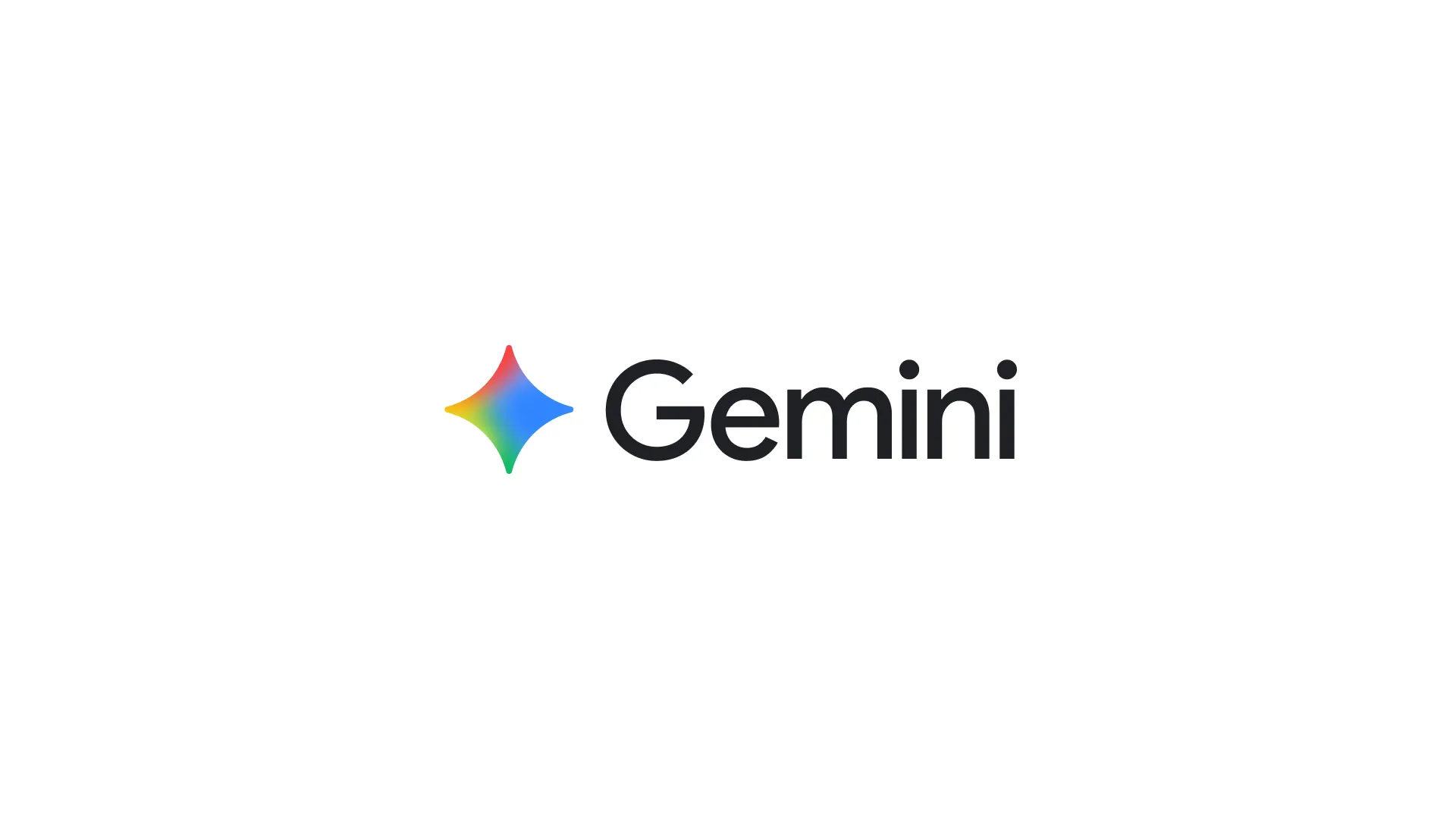
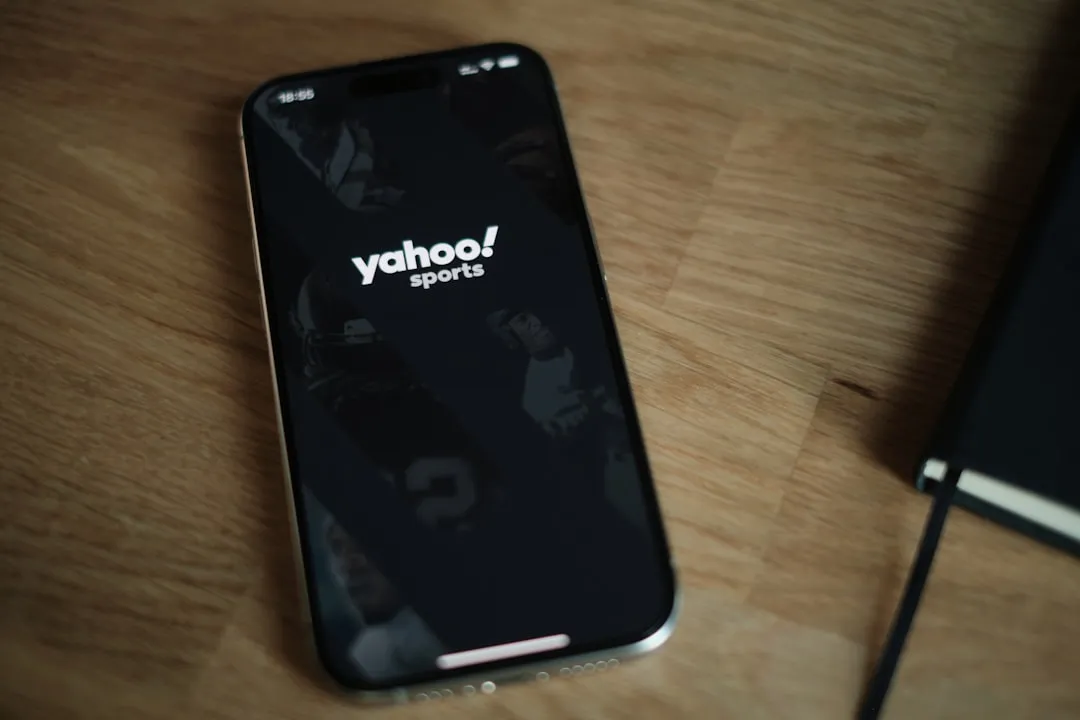
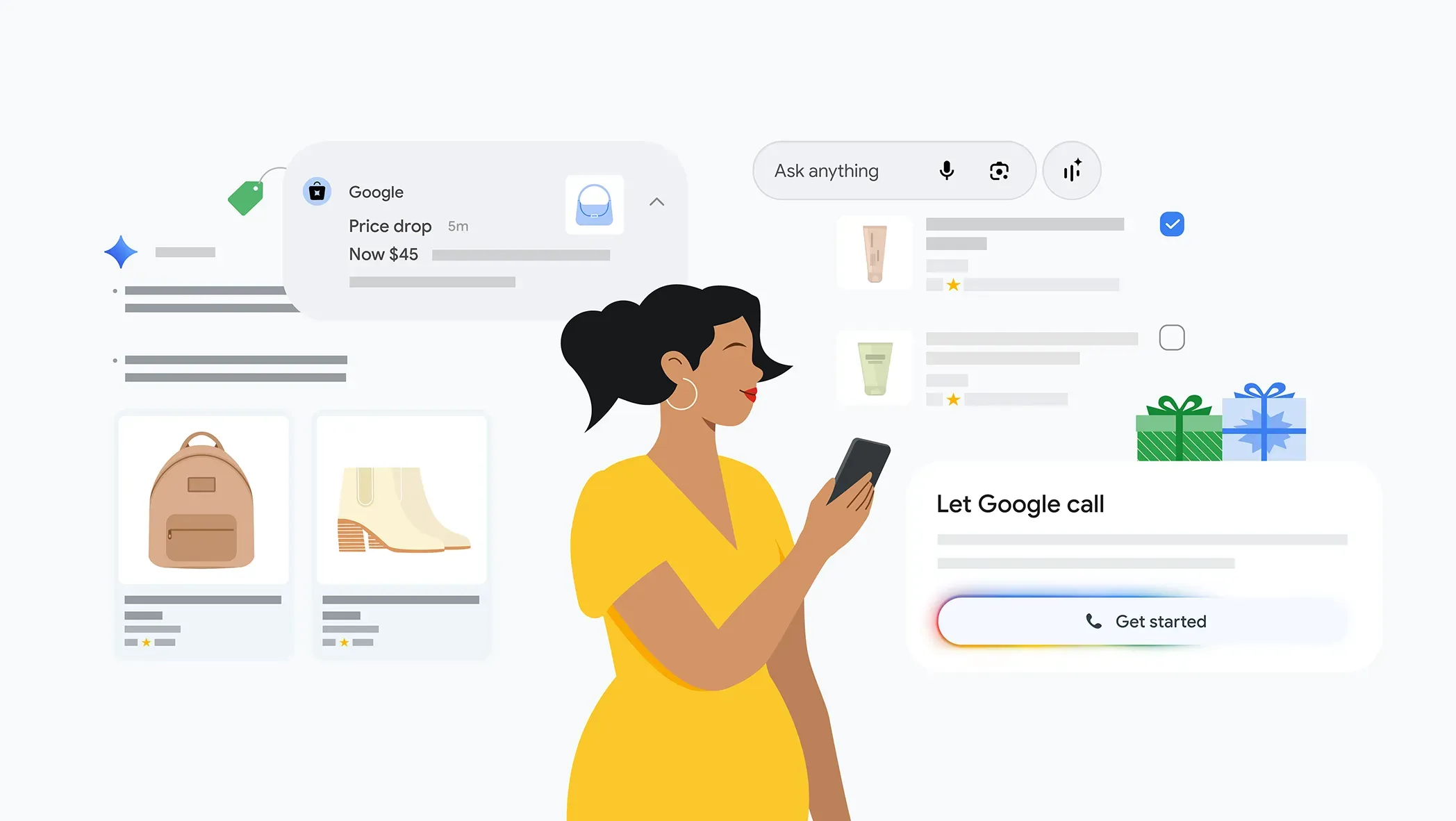
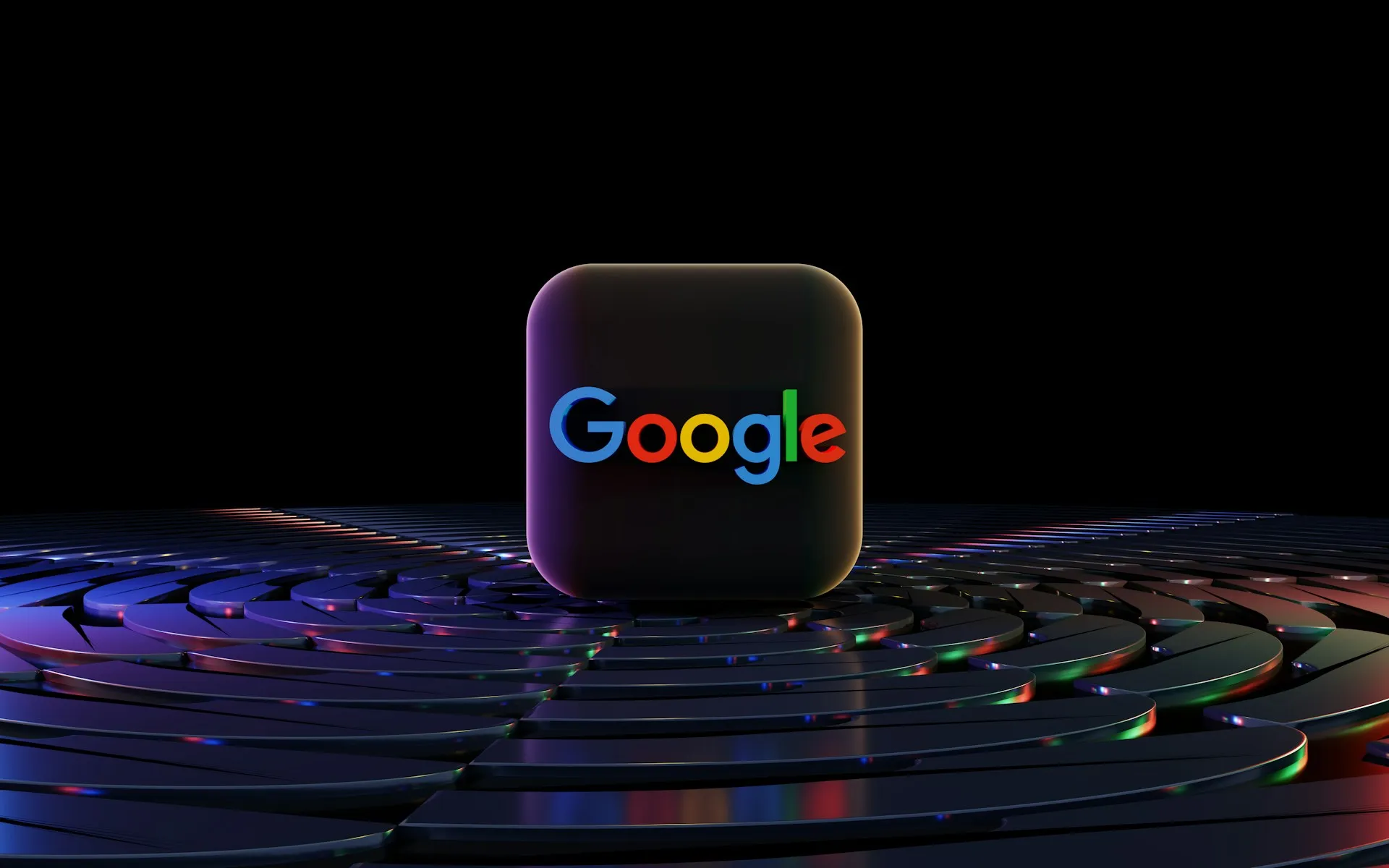
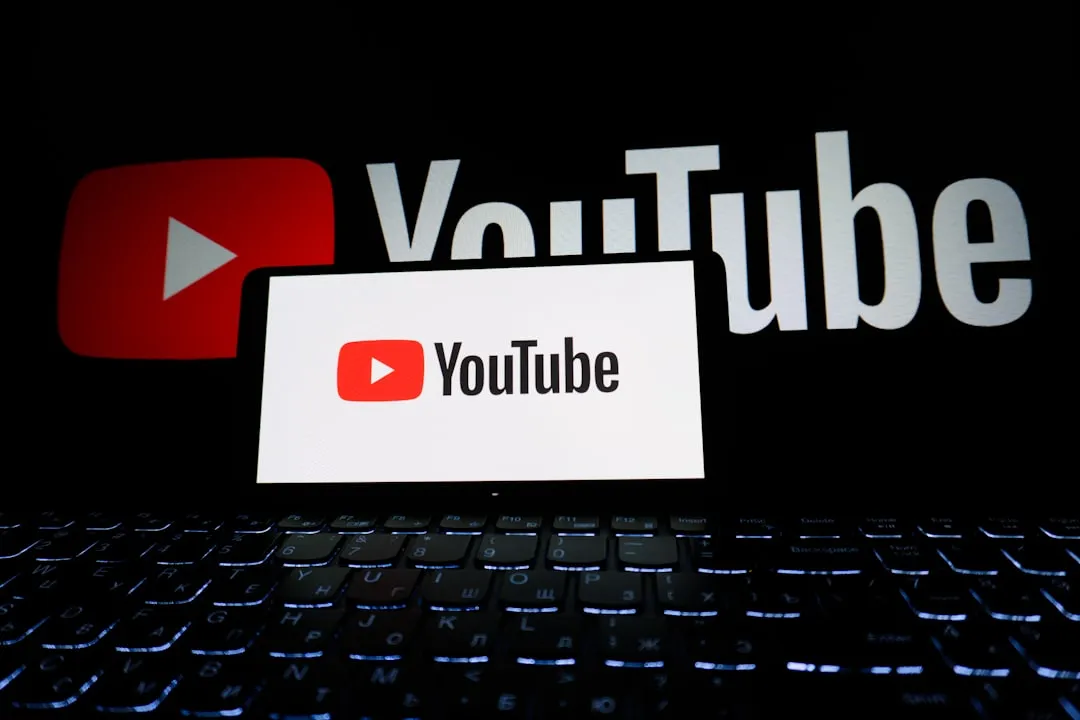

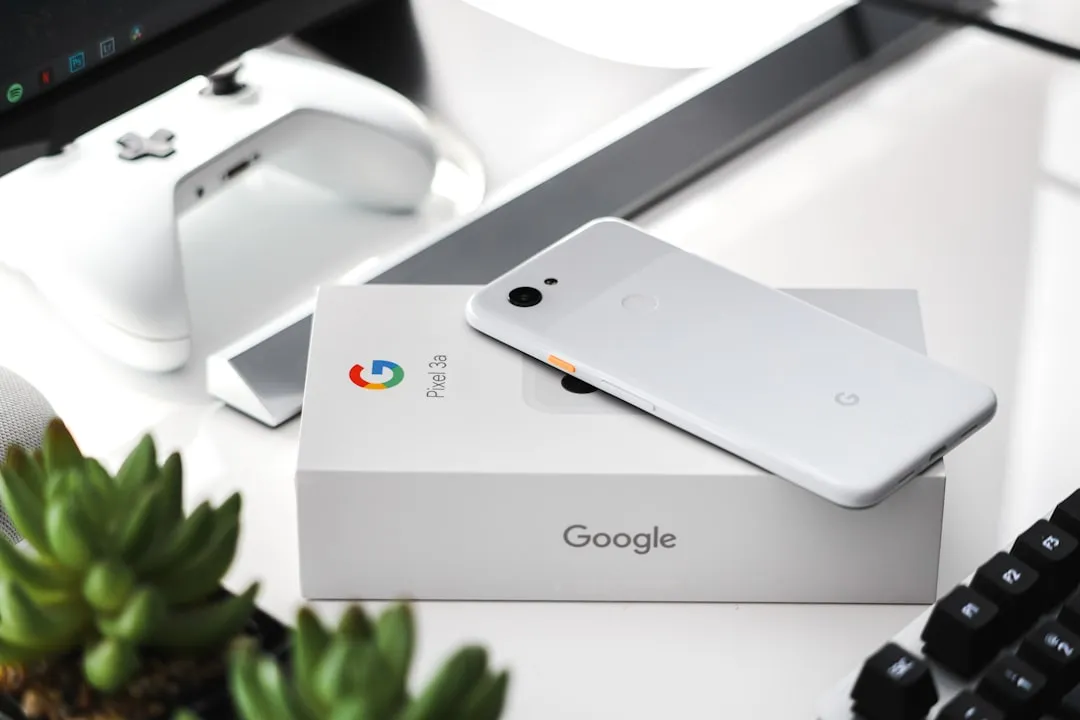

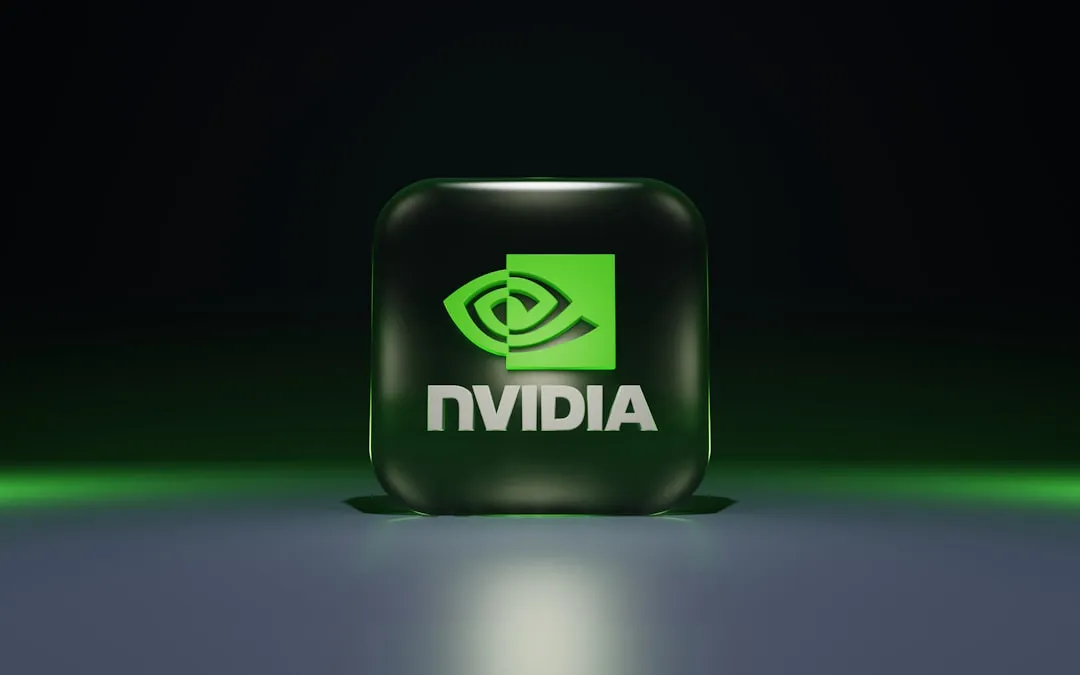


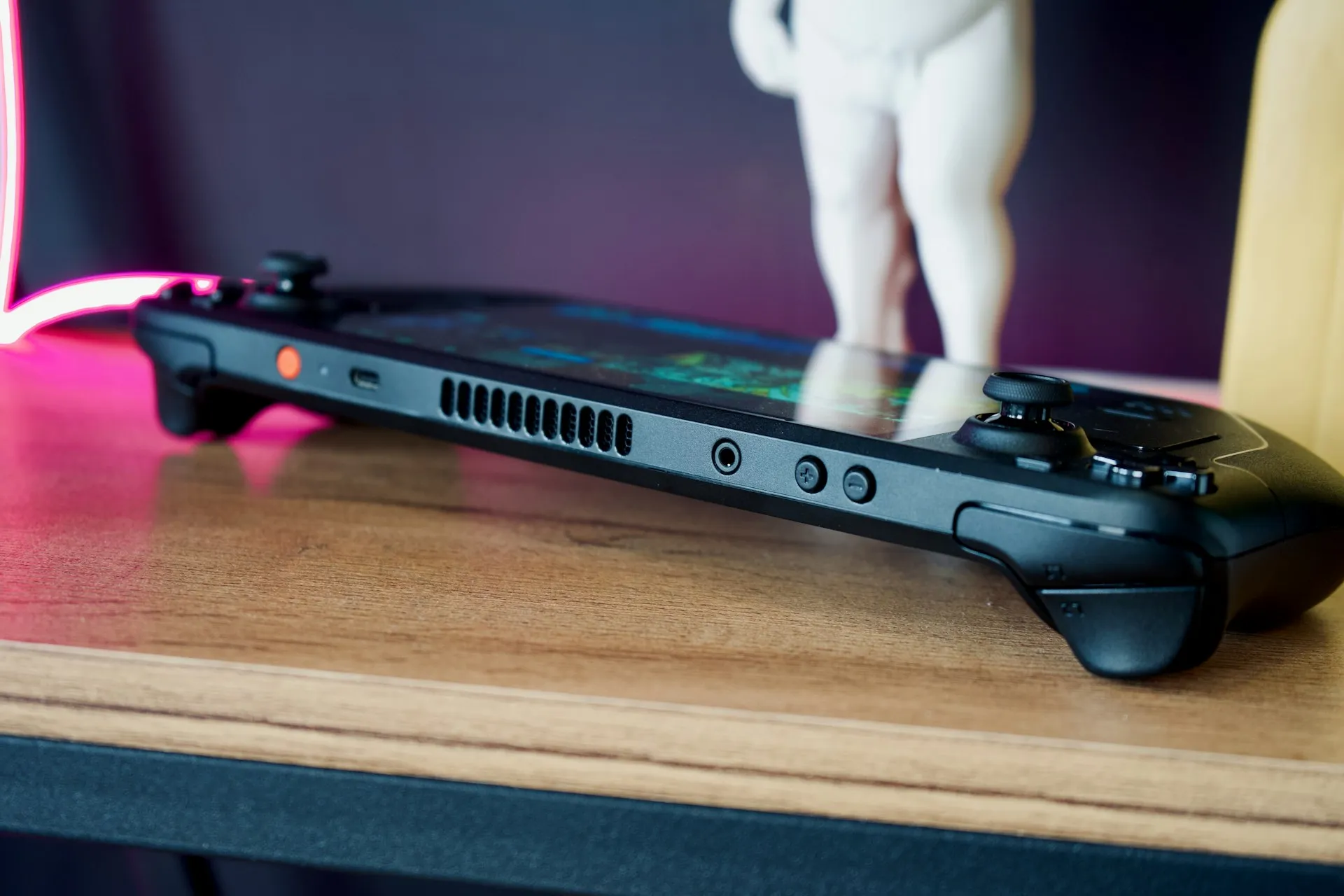
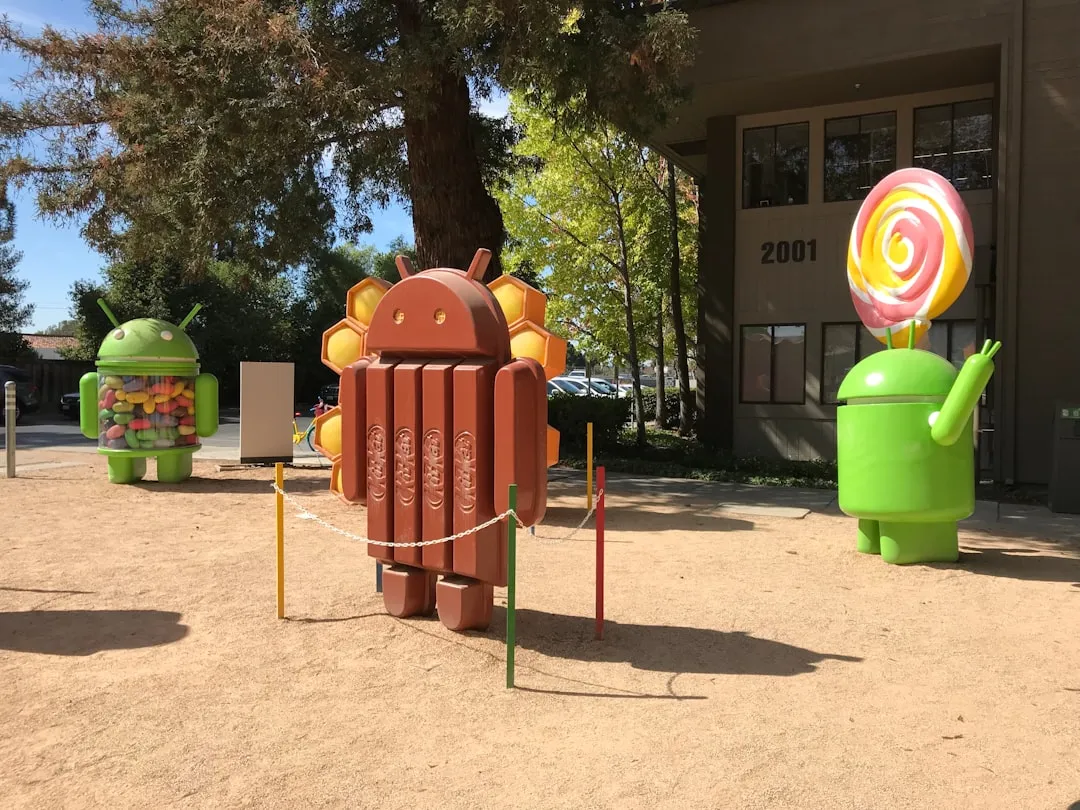
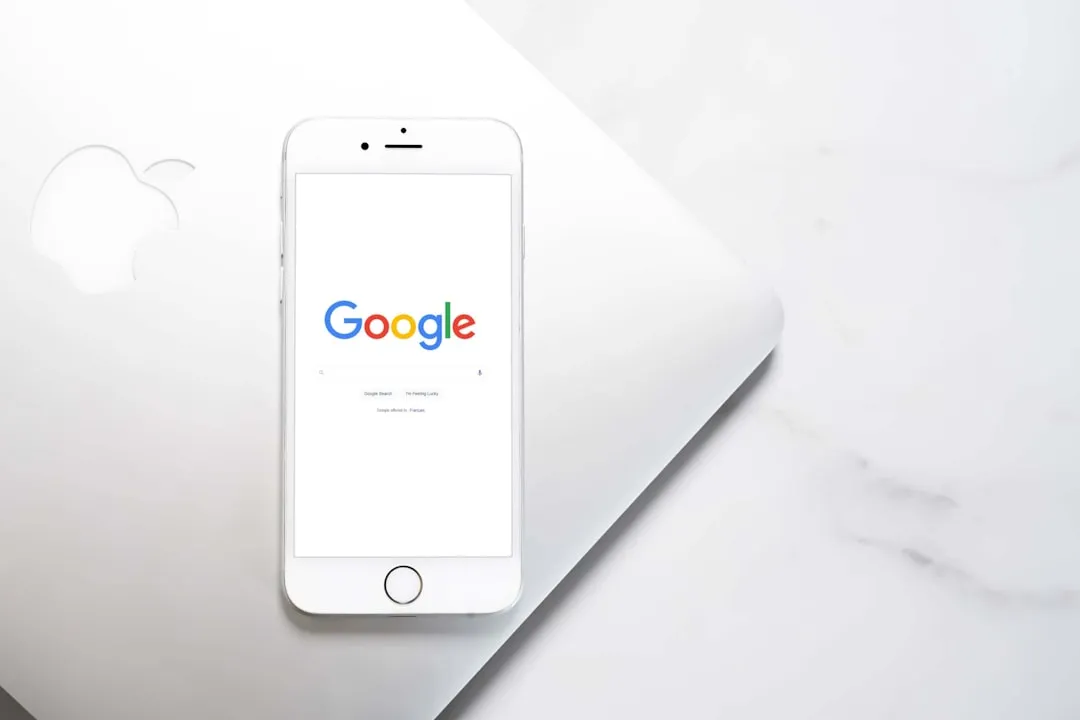


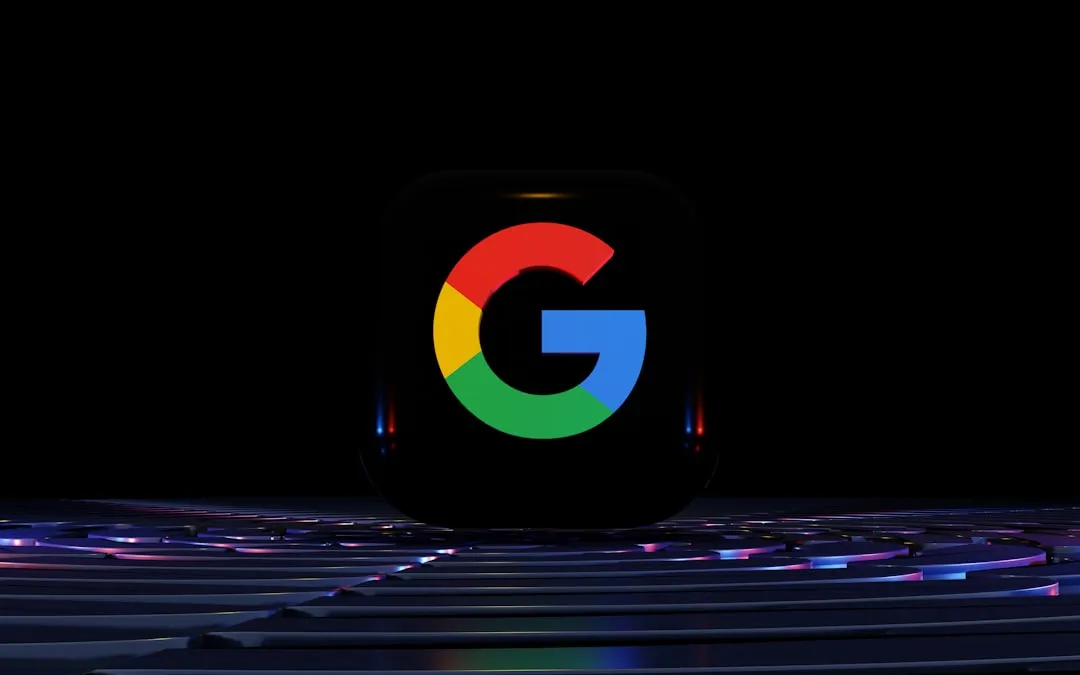


Comments
Be the first, drop a comment!